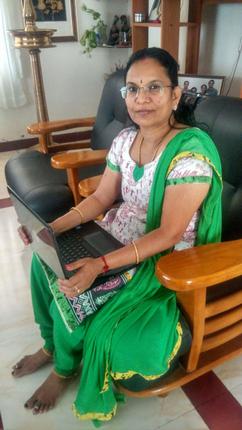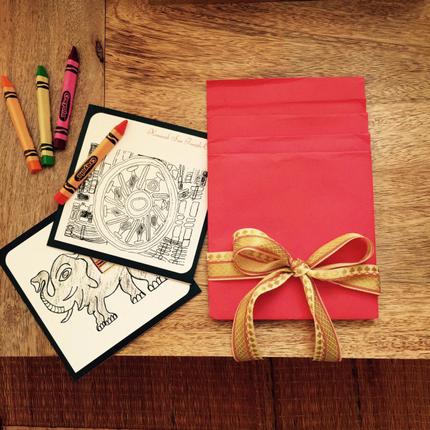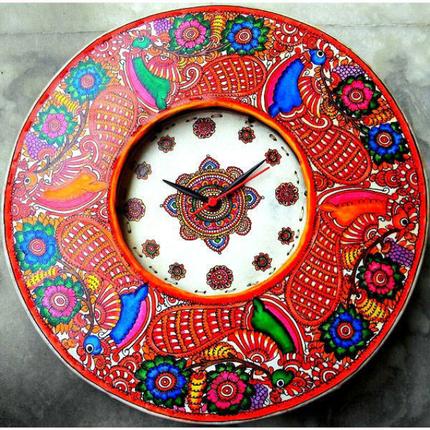Coimbatore :
For Arunachalam Muruganantham, the year 2016 couldn’t have started off any better. It was only a few days back that he got to know that he had been honoured by the Portugal government as Indian Business Leader of the Year.
Even before congratulatory messages for the recognition were still pouring in, Muruganantham’s mobile phone has gone again into a non – stop ringing mode. The 52 year old native of Coimbatore, acclaimed for invention of low cost sanitary napkins, has been chosen by the union government for Padma Shri award 2016.”I am not usually excited by awards. But Padma Shri is an exception,” says Murugantham who had just landed in Coimbatore on Monday evening after a tour of various cities addressing a variety of audiences ranging from students to businessmen.
“The award will be an inspiration for youth, especially engineering students. Rather than helping me, the award might inspire another Muruganantham to emerge,” he said.
He hopes that youth would start realizing that social activism doesn’t always mean getting on to the streets and serving the poor. Youth, especially engineering graduates, should realise that social change and improving someone’s life could also be done through an invention, using engineering,” Muruganantham tells.
There are lakhs of youth without jobs. They should identify a social cause and be a solution provider by coming up with more machines like the low cost sanitary napkin making machine,” he said.
The Coimbatore based social entrepreneur, who was listed by TIME magazine as one among world’s 100 most influential persons in 2014 was born in a poor family of handloom weavers in Coimbatore.He lost his father at a young age and had to drop out of school at the age of 14 years.
Soon after marriage, he realized troubles of women during menstruation after marriage, he started experimenting with sanitary pads to help his wife. When women members of his family grew tired of being test subjects, he started experimenting with sanitary pads on himself. SSubsequently, he came up with a machine to make those low cost sanitary pads and sold his first napkin making machine in 2004 in Madhubani in Bihar. tnnIn the decade since then, he has sold 2500 machines across India and abroad as NGOs and corporates saw the value in promoting the machine for better personal hygiene among women.
I am not inclined to display the Award in my house or call myself Padma Shri,” says Muruganantham signing off with the note that he has a long way to go to ensure that every single woman in the country uses a sanitary napkin.
source: http://www.timesofindia.indiatimes.com / The Times of India / News Home> City> Chennai / TNN / January 27th, 2016





